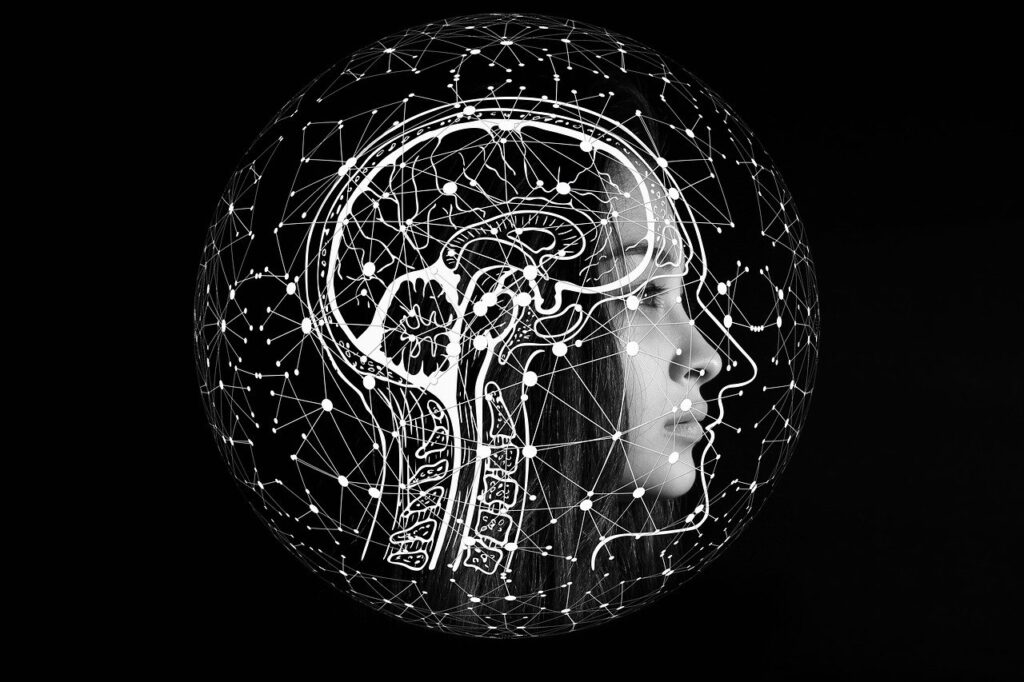Revolutionising the Professional Landscape at Unprecedented Speed
The rapid evolution of technology is fundamentally reshaping the landscape of the professional realm at an unprecedented speed. From the realms of artificial intelligence to the burgeoning concept of web3, from the immersive metaverse experiences to the flexible hybrid work models, a series of technological revolutions is underway. These revolutions are not mere buzzwords; they are fundamentally altering how we communicate, collaborate, create, and innovate in the workplace.
Let’s delve into some of the most impactful technology trends that are poised to redefine the way we work as we step into 2024 and beyond.
1. Artificial Intelligence Revolution
The influence of AI and Generative AI extends beyond being mere buzzwords, actively transforming the workplace. These technologies introduce automation, enabling teams to efficiently handle routine tasks, thereby liberating human resources for more creative and strategic pursuits. While AI is not a novel concept, recent advancements in computing power, data availability, and algorithm development have made it more potent and accessible. It now plays a pivotal role in automating various facets of work, including data analysis, customer service, image creation, and product design. Despite its transformative power, AI also presents significant challenges, from ethical dilemmas to workforce displacement, necessitating responsible and human-centric approaches.
2. Evolution of Remote Collaboration Tools
Advanced collaboration tools have paved the way for the surge in remote work. Video conferencing, project management software, and cloud-based document sharing platforms empower teams to collaborate seamlessly from different corners of the world. These tools break down geographical barriers, fostering efficient teamwork and real-time communication.
3. The Hybrid Work Model Resurgence
The hybrid work model, a term describing the amalgamation of remote and in-office work, has gained prominence, particularly in the aftermath of the Covid-19 pandemic. Offering a myriad of benefits such as increased productivity, cost reduction, improved work-life balance, heightened employee satisfaction, and enhanced retention, the hybrid work model is reshaping the professional landscape. However, this transformation necessitates workers to acquire new skills, tools, and strategies, including robust digital literacy, communication, collaboration, and self-management skills
4. Web3: Unveiling the Decentralized Internet
Web3 represents the next generation of the internet, founded on decentralized technologies such as blockchain, cryptocurrencies, smart contracts, and peer-to-peer networks. Its goal is to create a more open, transparent, secure, and democratic internet, providing users with increased control over their data, identity, and digital assets. Web3 facilitates new forms of collaboration and value creation, including decentralized autonomous organizations (DAOs), non-fungible tokens (NFTs), decentralized finance (DeFi), and social tokens. It is poised to generate a substantial economic value of $49.10 billion by 2030.
5. Internet of Things (IoT) in the Evolving Workplace
IoT devices are crafting intelligent and optimized workplaces, featuring smart thermostats adjusting office temperatures based on occupancy and wearable devices tracking employees’ health and productivity. This connectivity enhances efficiency, reduces energy consumption, and provides valuable data for informed decision-making.
6. Augmented Reality (AR) and Virtual Reality (VR) Transformations
AR and VR technologies are revolutionizing training, design, and customer interactions in the workplace. These technologies offer immersive training experiences, enabling employees to learn complex tasks in a simulated environment. They are also integral to product design, allowing professionals to visualize and modify prototypes in real time, thereby accelerating innovation cycles.
7. Cybersecurity Advancements for Digital Safety
As digital technologies advance, so do cybersecurity threats. Businesses are investing in advanced cybersecurity measures, incorporating biometric authentication and AI-driven threat detection, to protect sensitive data and ensure the privacy of employees and customers. These innovations are critical for maintaining trust in the online workspace.
The Impact on the Future of Work
These transformative technology trends are not fleeting novelties but rather the architects of the future of work. Businesses that adapt and embrace these technologies gain a competitive edge. Remote collaboration tools foster flexibility and work-life balance, appealing to the modern workforce. AI and automation enhance efficiency, reducing errors and operational costs. IoT creates intelligent workspaces, enhancing employee well-being and environmental sustainability. AR and VR drive innovation, offering new ways to engage both employees and customers.
Challenges and Considerations
While these technologies bring immense benefits, they also pose challenges. Workforce training is essential to ensure employees can leverage these tools effectively. Additionally, ethical considerations about data privacy and security, as well as the impact of automation on employment, must be addressed. Striking a balance between technological advancement and human welfare is crucial, especially in this transformative era.
Let Us Guide You Successfully Through Digital Transformation
Navigating new technologies can be complex, with pitfalls that may waste time and money. Avoid these pitfalls by collaborating with our team of experts. We can help you customize your transformation to align with your business goals. Give us a call today to schedule a chat.



